Will Low Cyanuric Acid Make Pool Cloudy? (Best Way To Fix It)
Will low cyanuric acid make pool cloudy? Most probably! Low Cyanuric Acid levels can contribute to cloudy pool water.
If there isn’t enough cyanuric acid in the pool, the chlorine will break down too quickly, making it less effective at killing algae and bacteria. This can lead to the growth of algae and other contaminants in the water, which can cause cloudiness.
Keeping your pool clean and clear can be a challenge. A cloudy pool is a signal that your pool may no longer be safe to swim in. Cloudiness can be caused by a variety of factors, including low cyanuric acid levels.
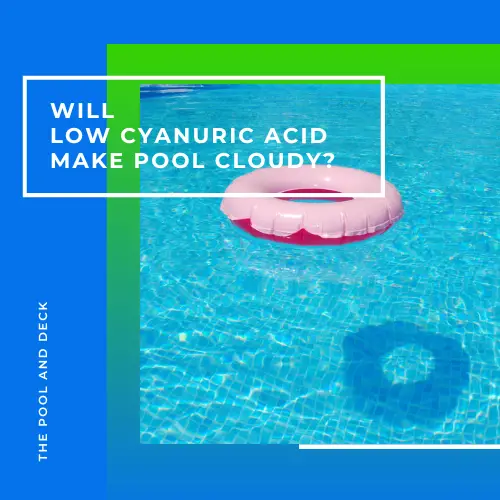
thepoolanddeck.com is a participant in the Amazon Services LLC Associates Program, an affiliate advertising program designed to provide a means for sites to earn advertising fees by advertising and linking to Amazon.com . The website is also an affiliate of a few other brands. The affiliate links never increase your purchase price. We do appreciate your support. Thank you very much!
Table of Contents
What is Cyanuric Acid and Why is it Important for Pools?
Cyanuric acid is a chemical compound that’s used in swimming pools to stabilize chlorine. Chlorine, added to the pool water for sanitization, breaks down rapidly in the presence of sunlight. This is because of the UV rays in the sunlight.
Reduced levels of active chlorine in the water reduces its effectiveness at killing bacteria and algae. Cyanuric acid protects chlorine from the effects of UV rays. Cyanuric acid is added to pool water in the form of granules or tablets.
For chlorine to be fully effective, cyanuric acid should be maintained at a level between 30-50 ppm (parts per million).
How Do You Test for Cyanuric Acid Levels in Your Pool?
To test for cyanuric acid levels in your pool, you can use a pool test kit that measures the chemical balance of the water. Follow the instructions carefully to get an accurate reading of the cyanuric acid level in your pool.
If the cyanuric acid level is below 30 ppm, you will need to bring it back to the optimal range.
How Do You Add Cyanuric Acid to Your Pool?
To add cyanuric acid to your pool, you can use granules or tablets that are specifically designed for pool use. Follow the instructions carefully, as the amount you need to add will depend on the size of your pool and the current cyanuric acid level.
I recommend using:
HTH 67061 Pool Care Stabilizer – Help protect from UV rays and extend the life of chlorine in your outdoor swimming pool.
Be sure to wear protective gloves and goggles, and keep the granules or tablets out of reach of children and pets.
Please check out my article on Low Cyanuric Acid Level for more details.
What Are the Other Causes of Cloudy Pool Water?
Cloudy pool water can also be caused by other factors, such as:
- High levels of dissolved solids
- High levels of combined chlorine (chloramines)
- Poor filtration or circulation
- High pH or alkalinity levels
Click on the image below to reach the page with all the Necessary Pool Chemicals.
How Can You Prevent Cloudy Pool Water?
To prevent cloudy pool water, it’s essential to maintain proper water chemistry and hygiene. Here are some tips to help keep your pool clear and sparkling:
- Test your pool water regularly and adjust chemical levels as needed.
- Maintain proper filtration and circulation by cleaning your filter and running your pump for a long enough duration each day.
- Keep your pool clean by regularly brushing and vacuuming the walls and floor, and skimming the surface to remove debris.
- Avoid overcrowding your pool, as too many swimmers can introduce contaminants to the water.
FAQ
Is it safe to swim in a pool with low cyanuric acid levels?
Swimming in a pool with low cyanuric acid levels isn’t necessarily harmful, as such. However, if the pool is cloudy then that is an indication of high levels of pathogens in the water. Pathogens can lead to a high risk of getting waterborne illnesses.
What happens if I add too much cyanuric acid to my pool?
It is extremely difficult to reduce cyanuric acid levels if they exceed the maximum level of 50 ppm. The only effective way is to drain the pool water slowly and replace it with fresh water. Keep in mind that a sudden depletion of pool water levels can cause it to collapse as a result of hydrostatic pressure.
Can I use other chemicals to stabilize chlorine in my pool?
Yes, there are other chemicals that can be used to stabilize chlorine in swimming pools. However, cyanuric acid is the most commonly used and is generally considered to be the most effective and affordable option.
How often should I test my pool water for cyanuric acid levels?
You must test your pool water at least once a week to ensure that all chemical levels are within the appropriate range. During periods of heavy pool use or extreme weather conditions, more frequent testing may be necessary to maintain optimal pool water chemistry.
What should I do if my pool water is already cloudy?
If your pool water is already cloudy, you’ll need to take steps to clear it up. This may include adjusting chemical levels, cleaning your filter, and adding a clarifier. It’s important to identify the root cause of the cloudiness so that you can prevent it from happening again in the future.
For more information check out my Pool Chemistry for Beginners: With 5 Super Helpful Cheat Sheets!
Thank you very much for reading the post. I do hope you found it informative and helpful.

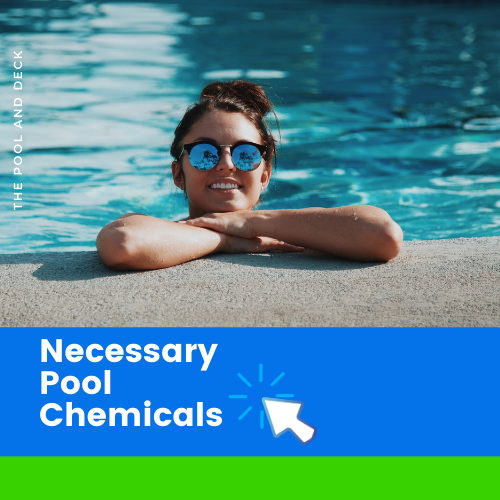
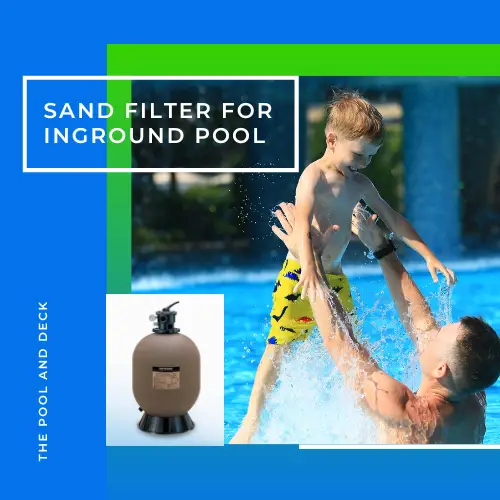
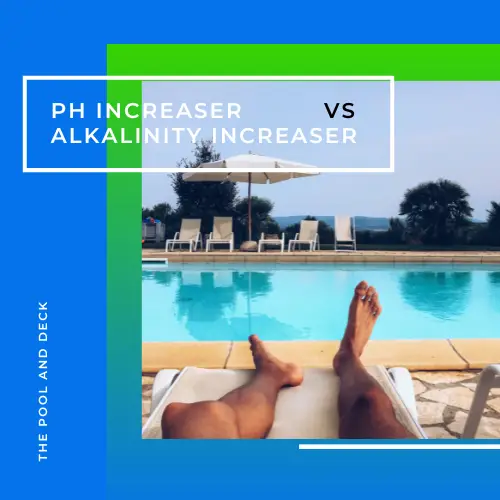
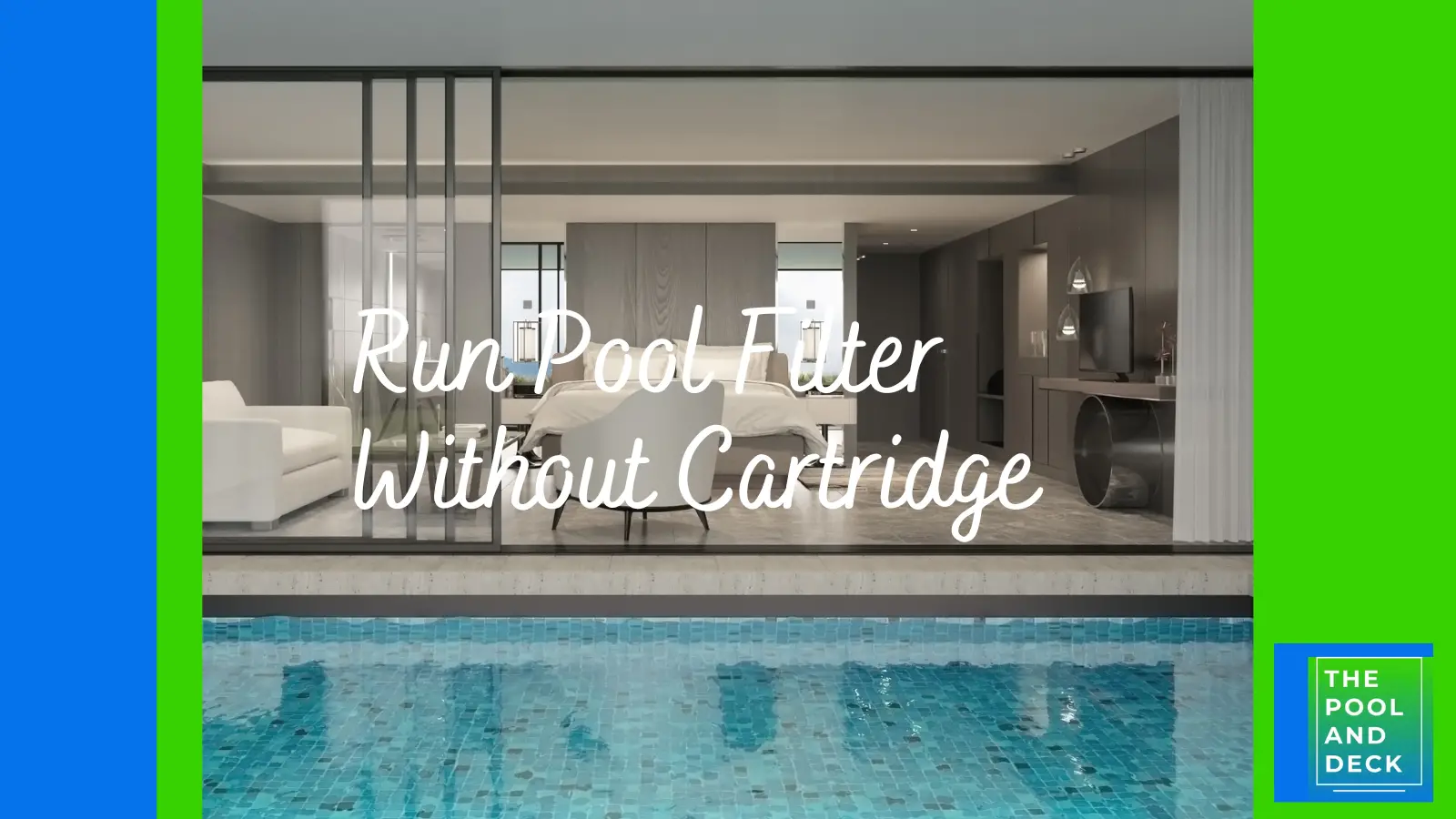
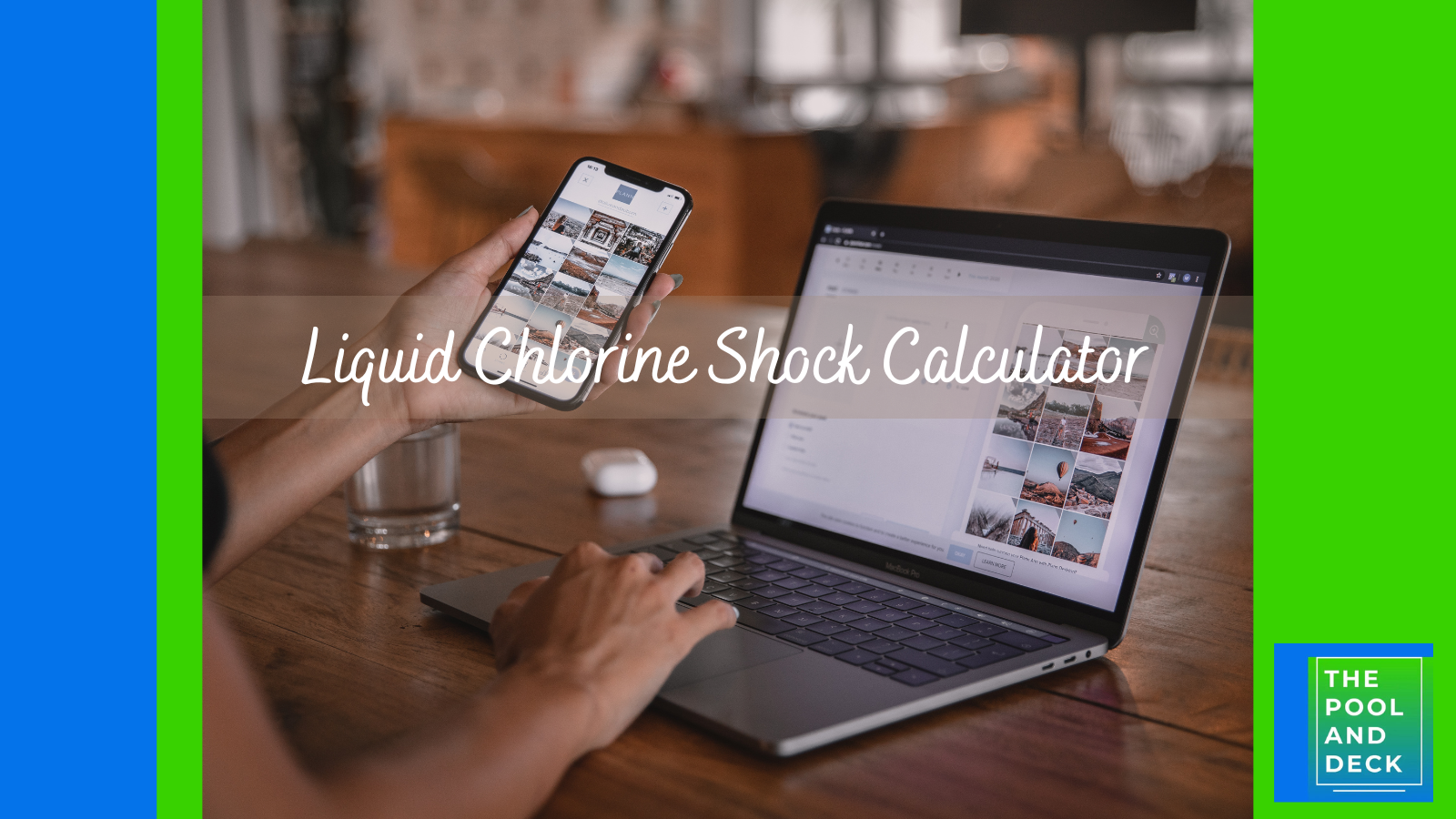

![Pool Recirculate Position: An Easy Guide [2024]](https://thepoolanddeck.com/wp-content/uploads/2023/12/TPAD2024-010.png)